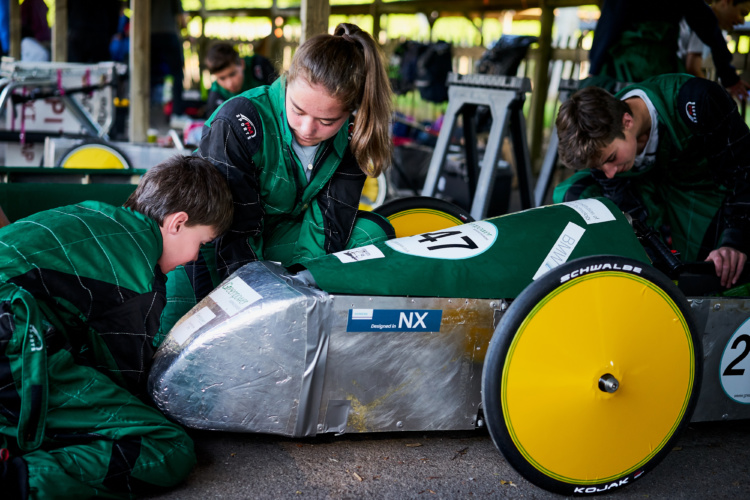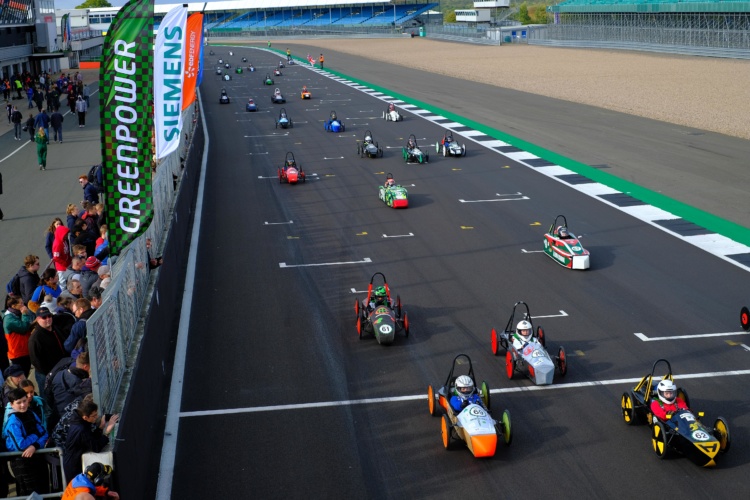These are certainly the most unprecedented of times. The world as we knew it has been completely changed. In education, the unthinkable happened. GCSEs, AS- and A2-Level exams were cancelled; schools closed their doors in March to most of their students.
As our post-COVID future begins to become clearer, it is critical we make the right decisions about how we educate young people. When schools return in September, in whatever form that might be, there will be a temptation to ‘catch-up’ on a perceived amount of lost time. It is imperative we resist the urge to double down on learning from the textbook and coaching students on how to pass exams.
If we take a moment to step back and look at the situation in which we find ourselves, we can see that STEM solutions are playing a vital role in our return to normality, and our prevention and treatment of the coronavirus. We have seen practical and creative ideas come to the fore to tackle a situation unlike any other we have seen in our lifetime.

In the UK, STEM roles are expected to double in the next ten years, yet the shortfall in skillset is costing businesses £1.5bn a year in recruitment (STEM Learning, 2019). In 2019, the shortfall was estimated to be 173,000 workers. We must embrace this opportunity to ensure we are preparing the next generation of workforce and give them the tools they need to solve the future problems we have not yet encountered.
This is why practical initiatives should be a vital component of the education syllabus moving forward. Greenpower Education Trust aims to ignite an interest in STEM studies in young people aged between 9 and 25-years-old by setting them a unique, hands-on challenge: to design, build and race a single seater electric car.
It is not just about building the fastest car. Efficiency of the car is key for travelling the greatest distance, therefore an understanding of aerodynamics and the importance of materials in building the car is needed. Participants learn commercial and business skills, as teams set out to find sponsors for their car and convince businesses to support them. Teamwork with peers, communication - and compromise – are just few of the many soft skills that our challenge fosters.
The value of these skills cannot be underestimated. Equally, they cannot be learned solely from the contents of a textbook. Education in a post-COVID-19 world must place practical learning at its heart. We have seen industries forced to pivot to new ways of working as a direct consequence of the pandemic, and to embrace a new way of doing things.

When schools return to a semblance of the way they were before, we should not rush into knee-jerk reactions and bury our students under mountains of work. Instead, we should re-imagine education to be fit for purpose.
If we neglect supporting young people now, then we will severely impact their chances in later life and lengthen the country’s recovery from the economic downturn caused by COVID-19.




Nanogenerator consumes CO2 to generate electricity
Whoopee, they've solved how to keep a light on but not a lot else.